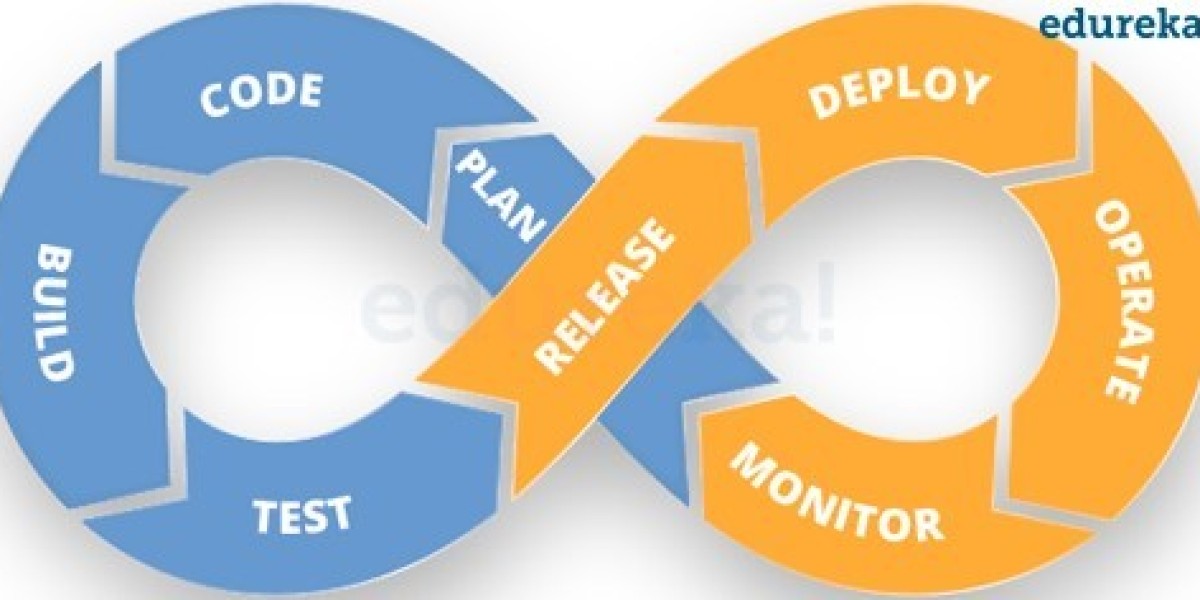DevOps is a critical approach that combines software development (Dev) and IT operations (Ops) to streamline and enhance the delivery and management of software systems and applications. DevOps matters because it addresses numerous challenges faced by organizations in the modern digital landscape, bringing together cross-functional collaboration, automation, and continuous improvement to drive efficiency, quality, and agility in software development and deployment processes.
One of the key reasons why DevOps matters is its ability to foster collaboration and communication between development teams and operations teams. By breaking down silos and promoting cross-functional collaboration, DevOps enables faster and more effective communication, alignment of goals, and shared responsibilities. This collaboration leads to a better understanding of customer needs, improved quality, and faster time-to-market for software products and services.
DevOps also plays a crucial role in accelerating software delivery through the implementation of automation and continuous integration/continuous delivery (CI/CD) practices. Automation reduces manual and repetitive tasks, enabling faster and more reliable software builds, testing, and deployments. CI/CD pipelines automate the process of integrating code changes, running tests, and deploying applications, resulting in shorter development cycles and the ability to quickly respond to customer feedback or market demands.
Another reason why DevOps matters is its focus on quality assurance and reliability. By implementing practices such as automated testing, continuous monitoring, and infrastructure as code (IaC), DevOps ensures that software systems are thoroughly tested, monitored, and scalable. This reduces the likelihood of production incidents, improves system reliability, and enhances the overall user experience.
DevOps also promotes a culture of continuous improvement and learning. It encourages teams to embrace a mindset of experimentation, innovation, and learning from failures. Through post-incident reviews, retrospectives, and feedback loops, DevOps fosters a culture of continuous learning, allowing teams to identify areas for improvement and make iterative enhancements to processes, systems, and software.
Furthermore, DevOps is vital for organizations embracing cloud computing and modern infrastructure practices. DevOps principles align well with cloud-native architectures, microservices, and containerization. By leveraging DevOps practices, organizations can effectively manage and orchestrate complex distributed systems, automate infrastructure provisioning, and scale applications dynamically to meet changing demands. By obtaining DevOps Certification, you can advance your career in DevOps. With this course, you can demonstrate your expertise in Power BI Desktop, Architecture, DAX, Service, Mobile Apps, Reports, many more fundamental concepts, and many more critical concepts among others.
In summary, DevOps matters because it brings together collaboration, automation, and continuous improvement to address challenges in software development and operations. By fostering collaboration, enabling automation, accelerating software delivery, ensuring quality and reliability, and promoting a culture of learning, DevOps allows organizations to achieve faster time-to-market, higher-quality software, and greater agility in responding to customer needs and market demands. It is a transformative approach that drives efficiency, innovation, and success in the modern digital landscape.






